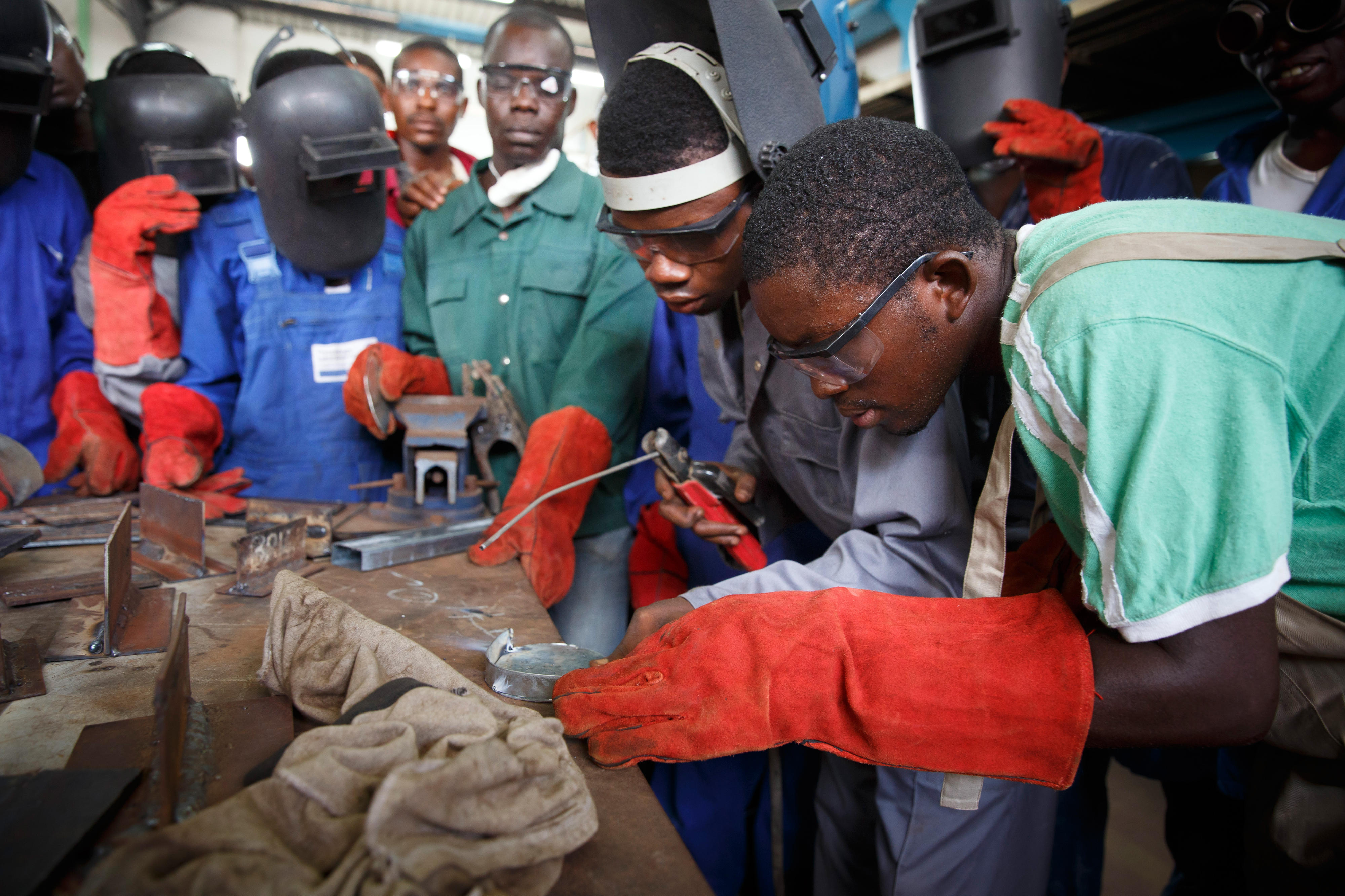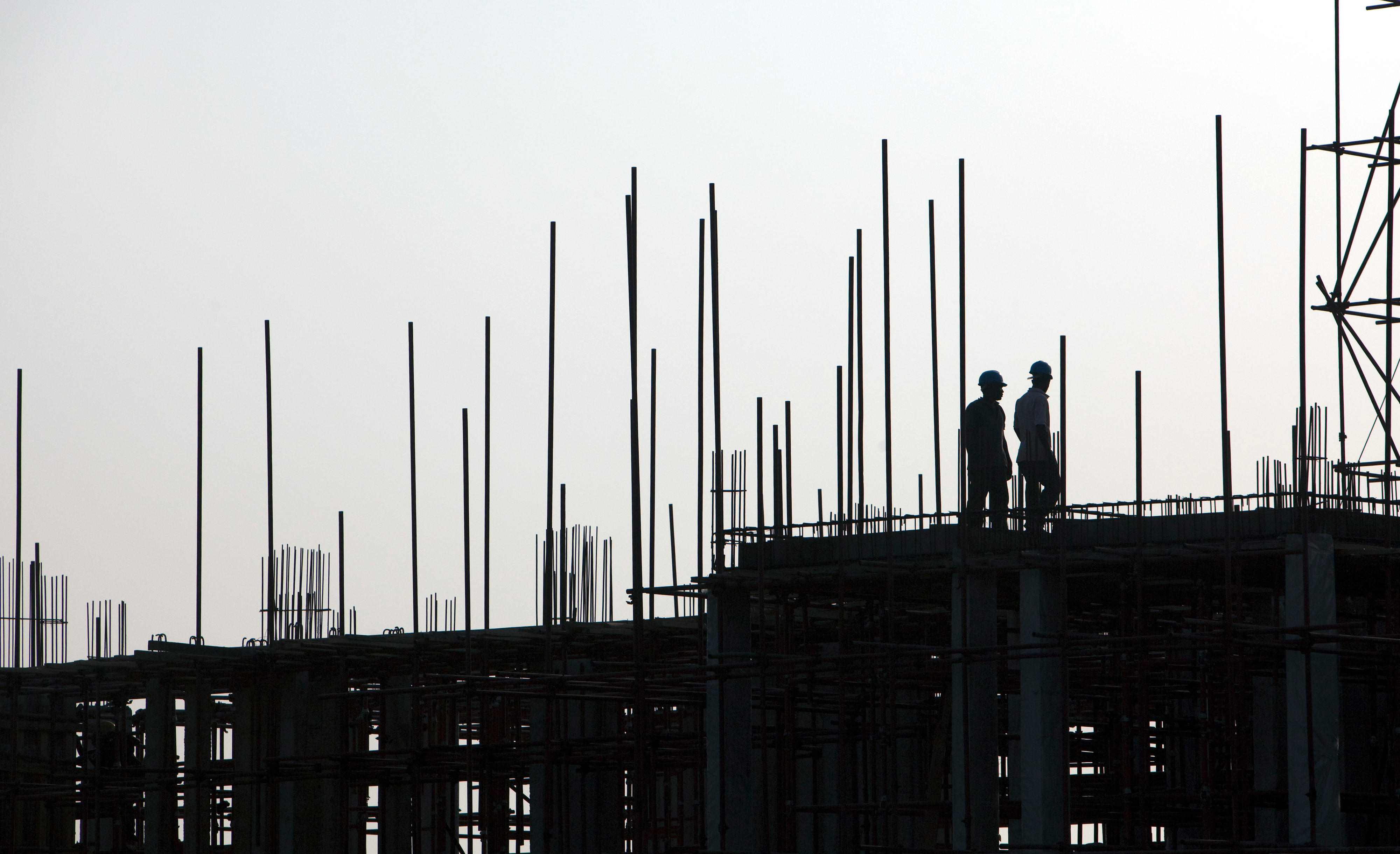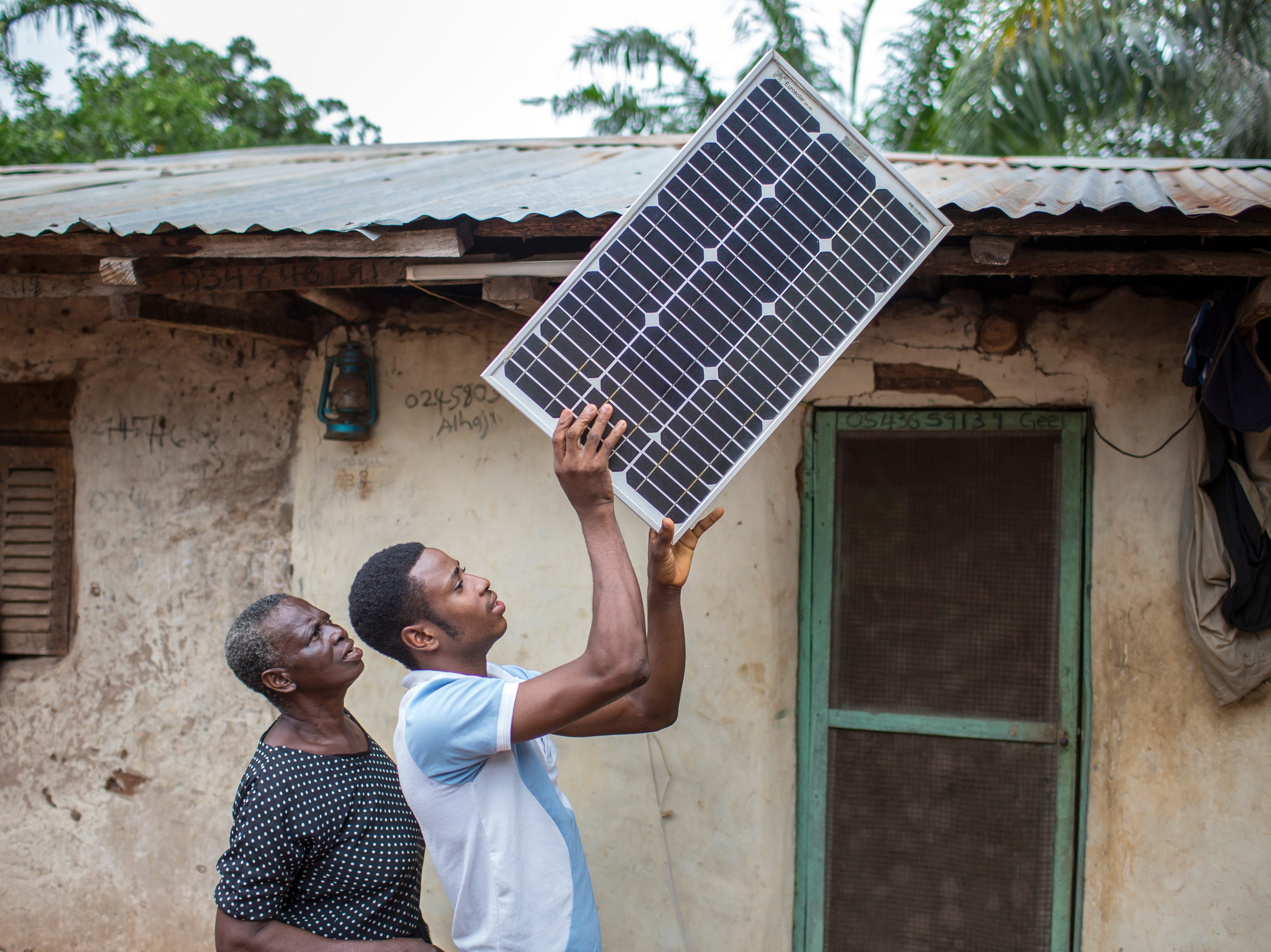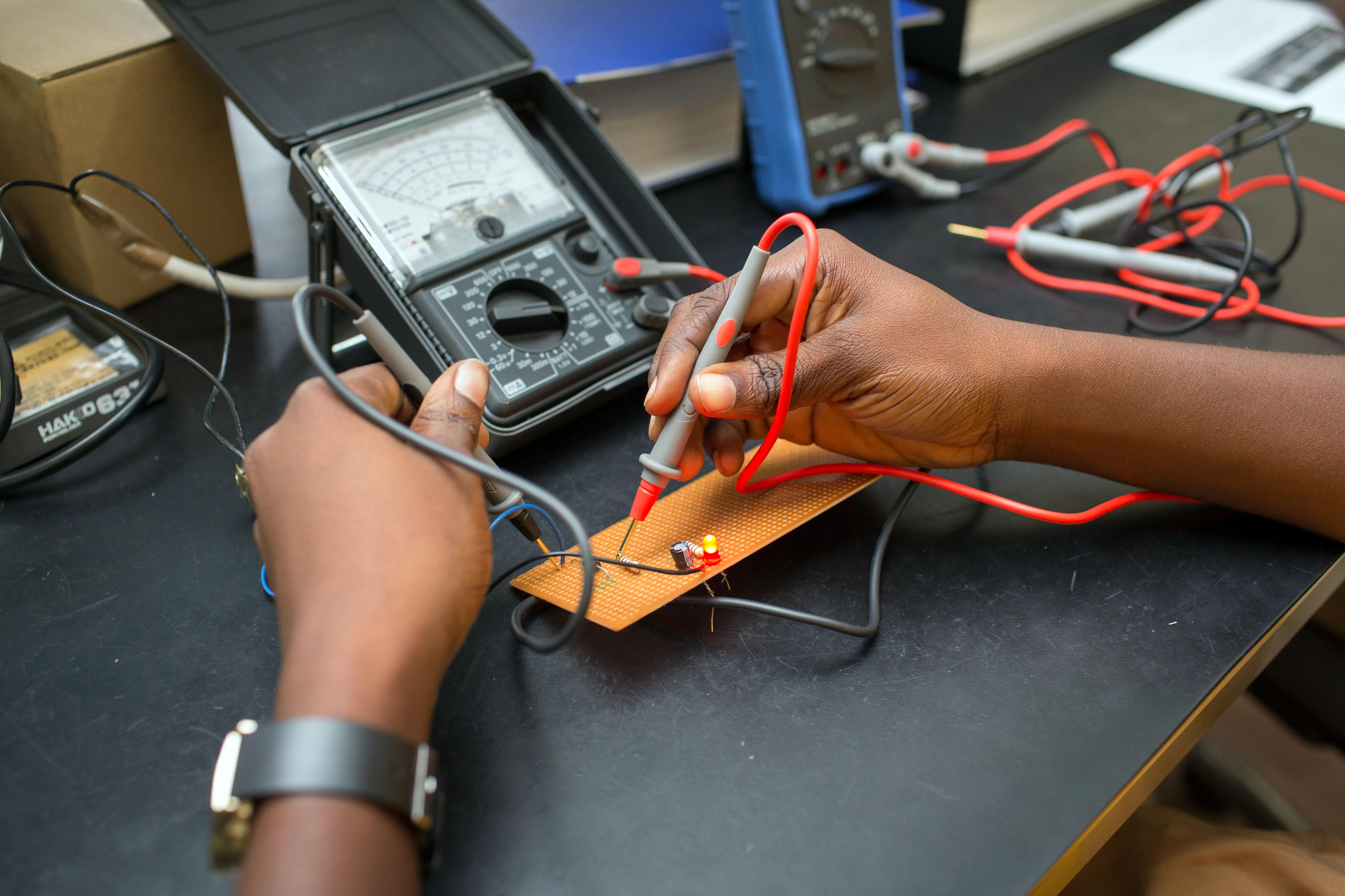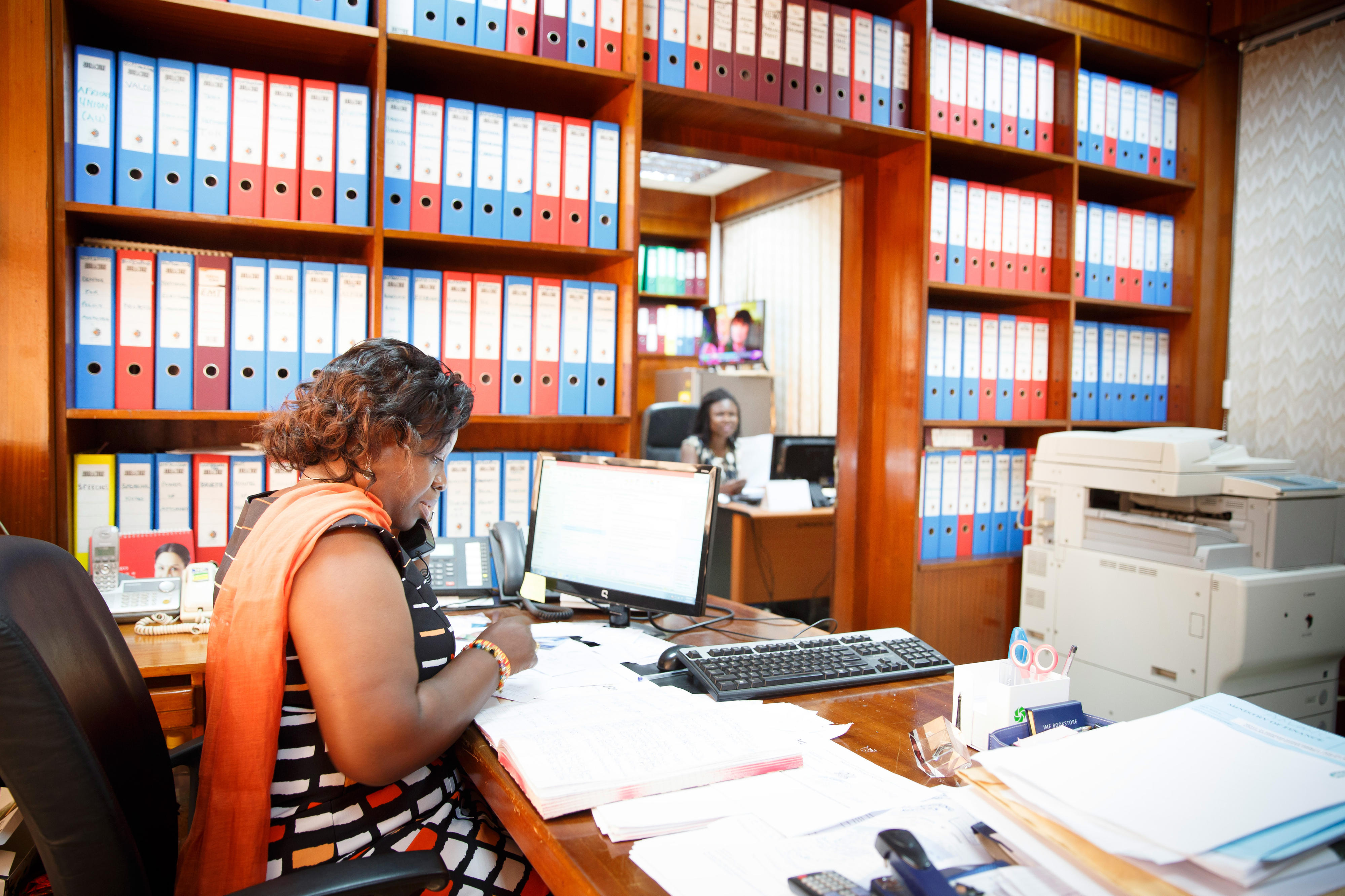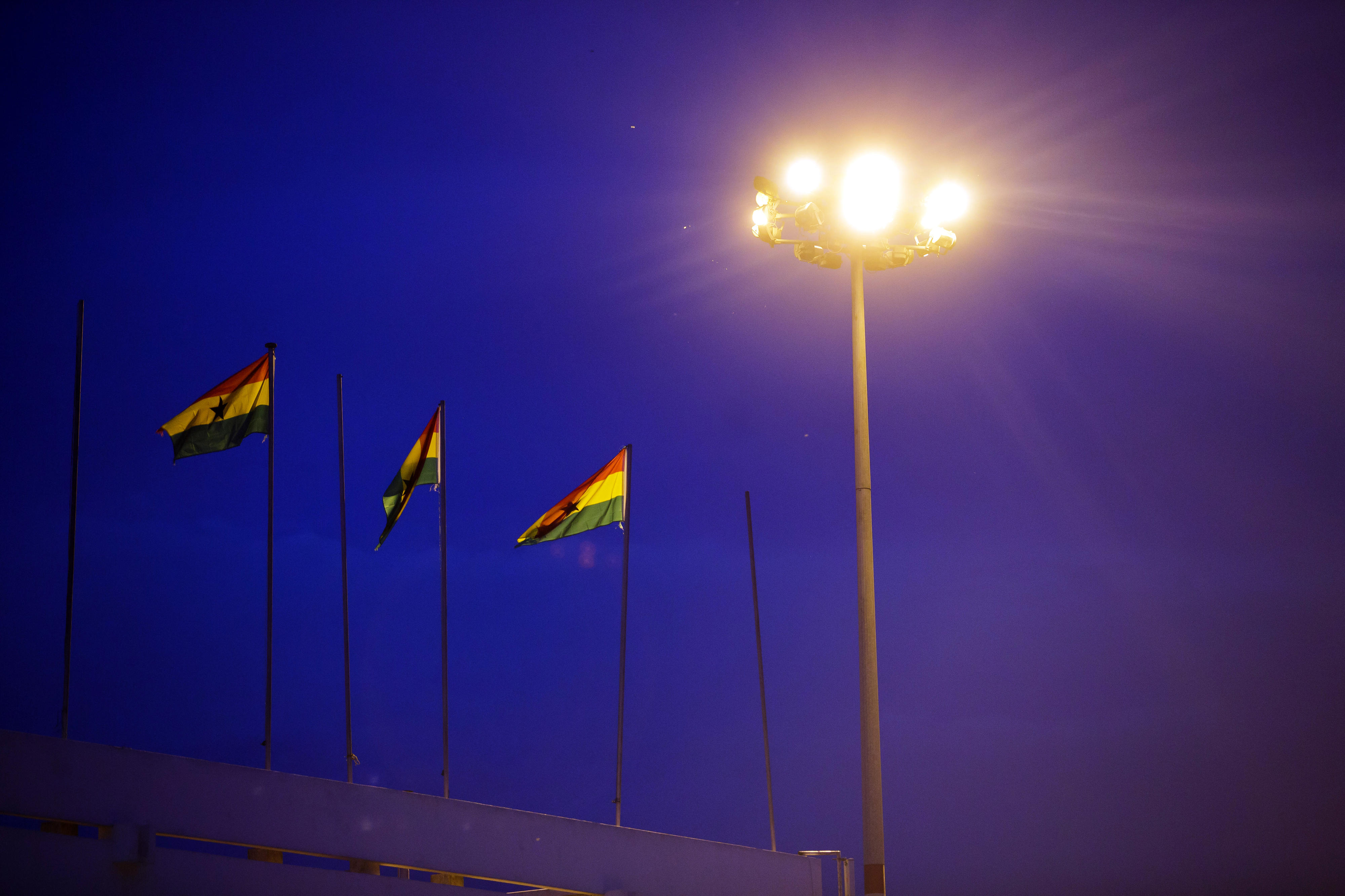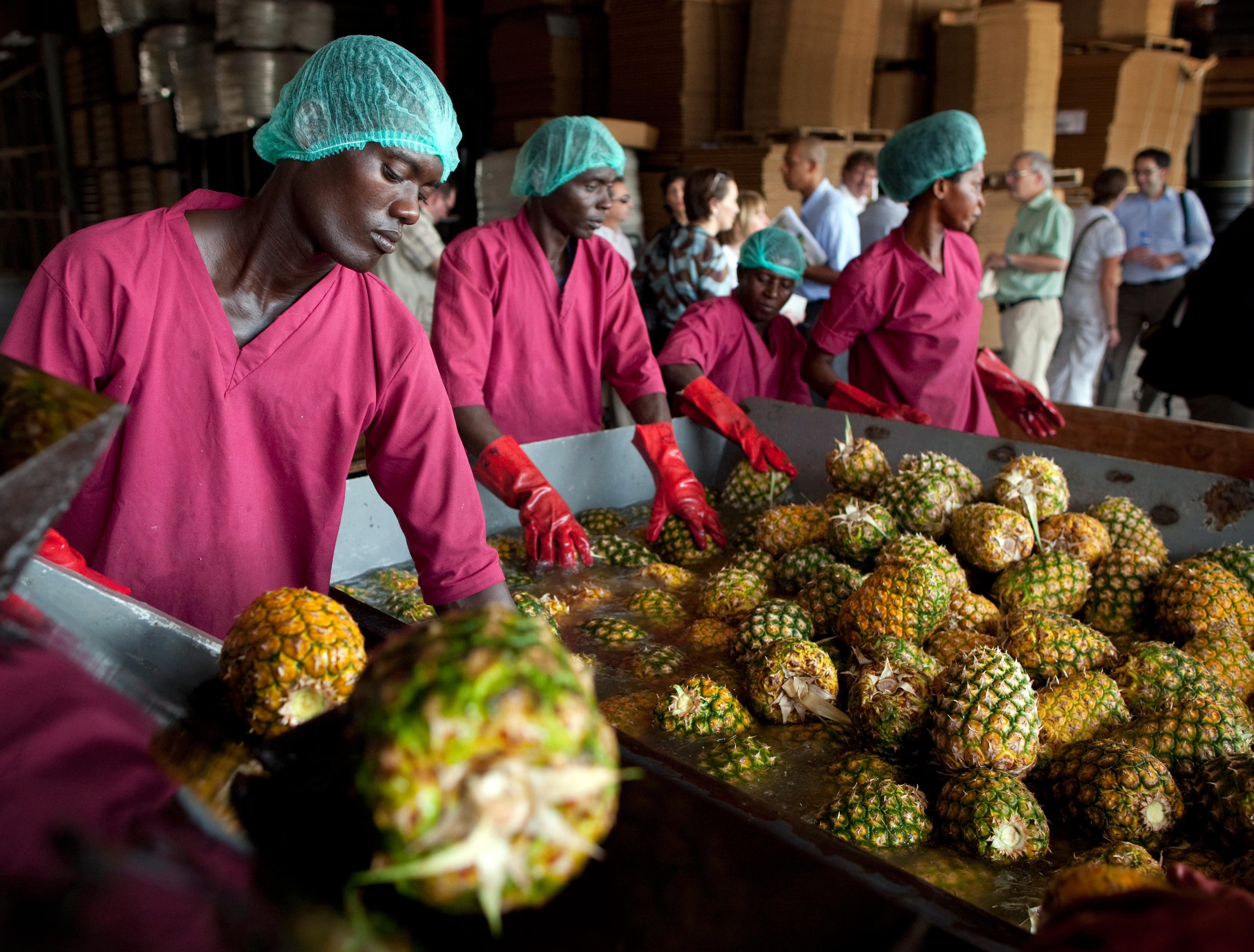Students in the metal workshop of a vocational training institution in Accra, Ghana
Copyright© Ute Grabowsky/photothek.net
Ghana
Ghana has been counted as a lower-middle-income country since 2010. A key challenge facing the country is growing social and regional inequality. The northern parts of the country in particular have not shared in the development that has happened in the economically strong coastal region and the cities. The country’s proximity to the instable Sahel region is a major challenge for the northern regions.
The Ghanaian economy is heavily dependent on export earnings from just a few commodities, such as gold, oil and cocoa. The fluctuating world market prices for these commodities have a considerable impact on the country’s economic situation. The global impacts of the COVID-19 pandemic and of Russia's war of aggression against Ukraine have had a negative effect on Ghana’s economy. As a result, the country is currently in a debt crisis and is fighting high inflation. The International Monetary Fund (IMF) is supporting Ghana with one of its programmes. Under this programme and in cooperation with public and private creditors, the Ghanaian government is working to restore debt sustainability and fight the structural root causes of the crisis.
German development cooperation with Ghana
Germany is one of Ghana’s most important development partners. Development cooperation is aimed at helping Ghana implement a process to achieve an economic transformation towards broad-based sustainable and diversified growth that offers good prospects for the country’s young people and particularly women.
All efforts are based on Ghanaian development strategies and their respective goals. Specifically, cooperation involves efforts to expand renewable energies in a way that is socially just, promote vocational education and training and employment, increase government revenue and improve government transparency and accountability. Germany is also strengthening the Ghanaian pharma sector and supporting efforts to establish local vaccine production.
At government negotiations in Berlin in November 2023, Germany committed 149.7 million euros in new funding for Ghana, 109 million for Financial and 36.9 million for Technical Cooperation, along with 3.8 million euros for the special initiative “Decent Work for a Just Transition”. The next negotiations are planned for 2025.
Ghana and Germany are working together in the context of their development cooperation on the following core areas:
- Climate and energy, just transition
Areas of intervention: renewable energy and energy efficiency; sustainable urban development - Sustainable economic development, training and employment
Areas of intervention: private sector and financial sector development; technical and vocational education and training | Initiative areas: digital technology and data; migration as an opportunity - Peaceful and inclusive societies
Area of intervention: good governance
SDG trends for Ghana
- On track or maintaining SDG achievement
- Moderately improving
- Stagnating
- Decreasing
- Trend information unavailable
